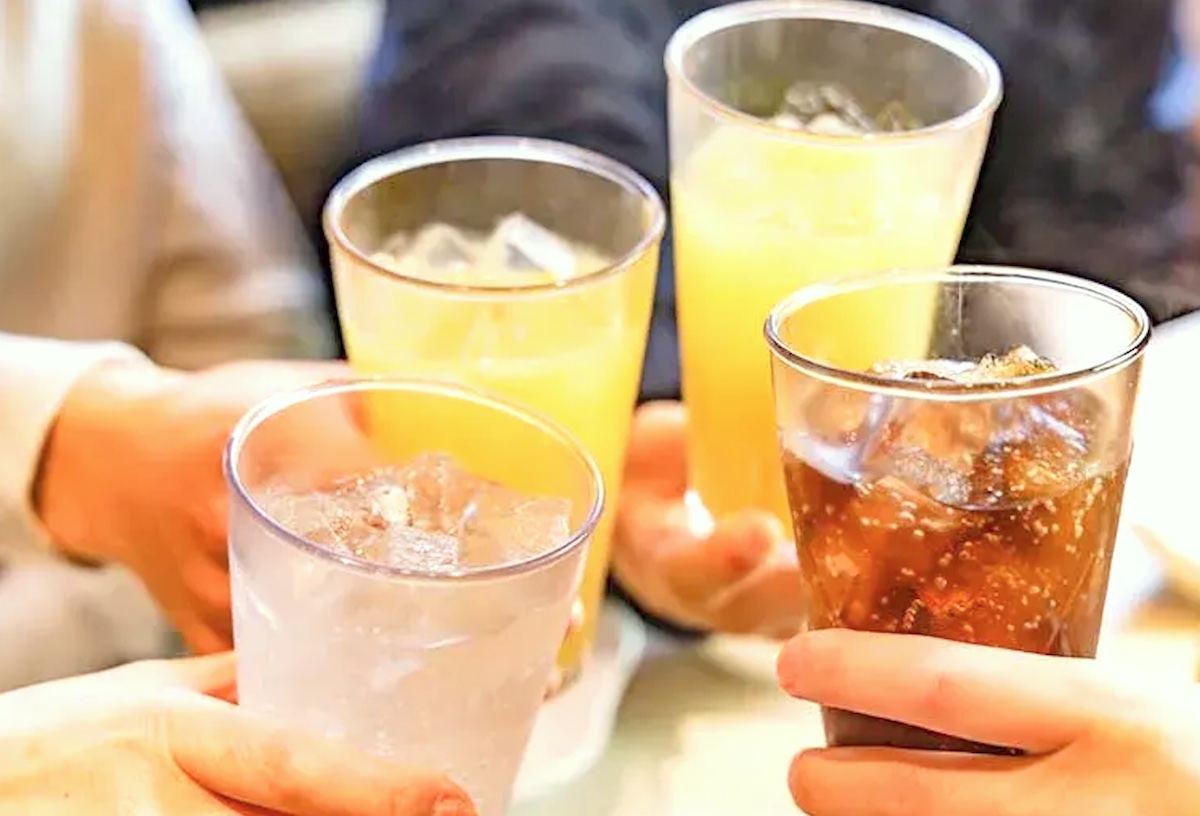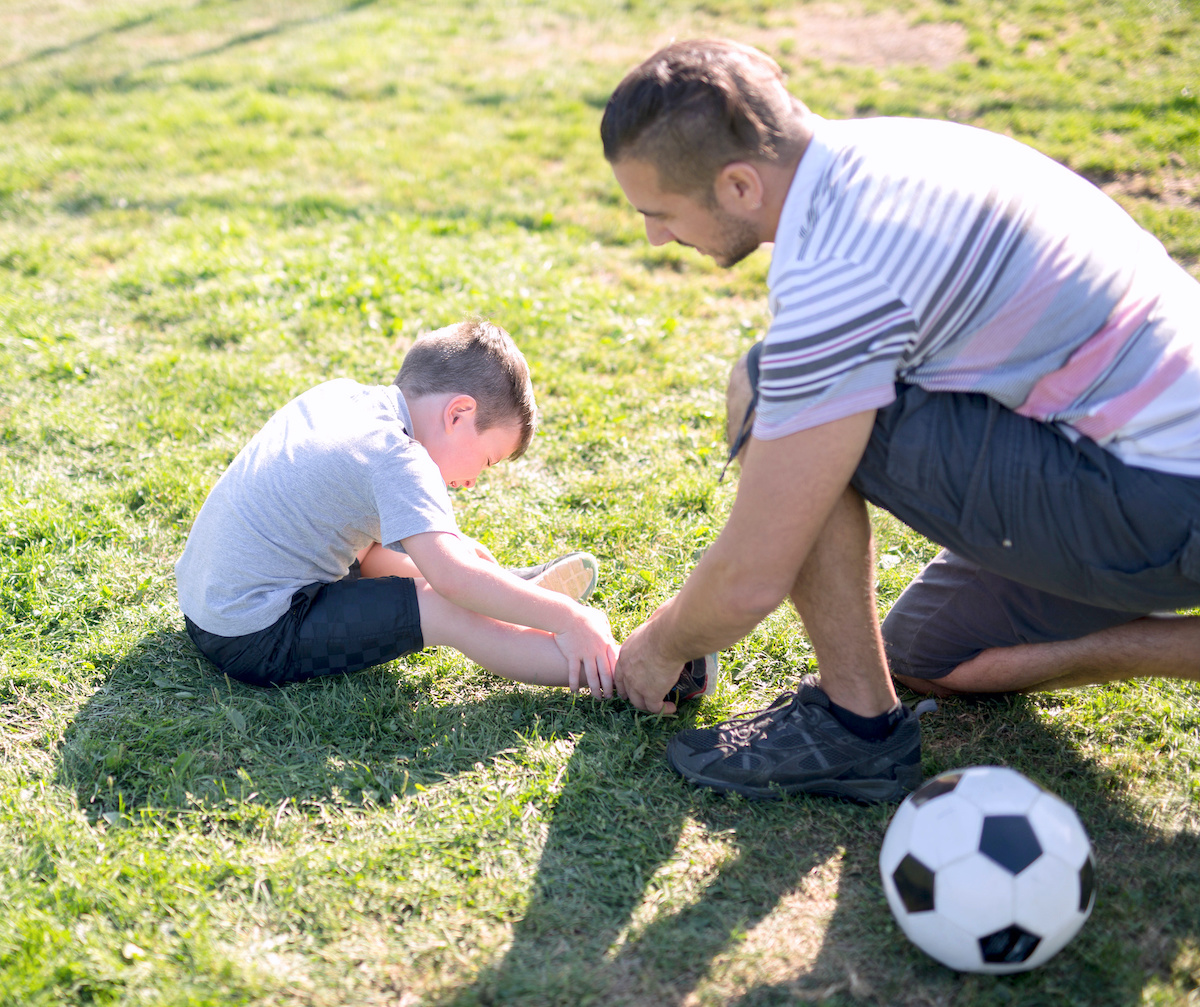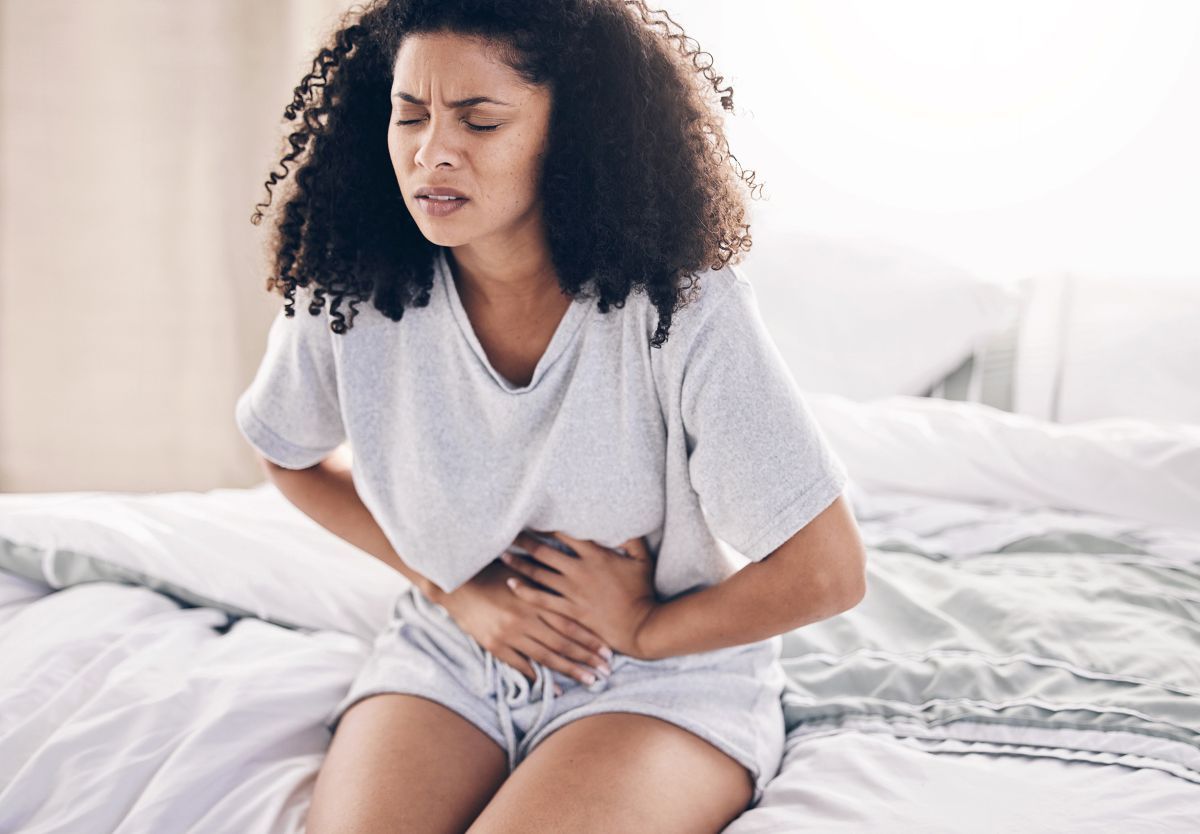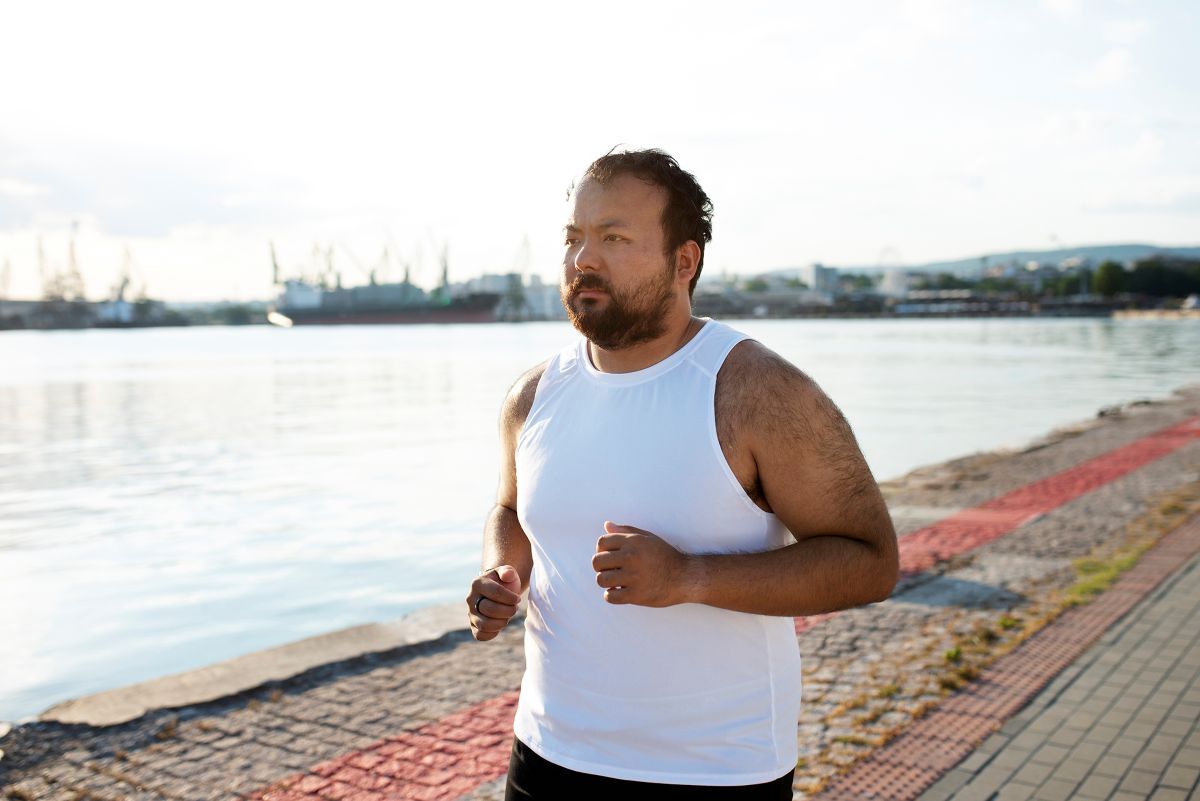
Eliminating certain items, like soda and citrus, can help relieve your bladder discomfort
Your bladder is a balloon-like organ that’s tucked away behind your pelvic bone. It’s part of your urinary system, and it collects your urine until the time comes when you have to urinate (pee).
It’s a dirty job: Your pee contains the liquid waste that’s filtered from your food by your kidneys. So, traces of what you eat and drink end up in your urine.
What is bladder irritation?
If you’re sensitive to anything you eat or drink, your urine can irritate your bladder. And just like any other part of your body, when your bladder gets irritated, it can act up.
You might notice:
- You have a sudden strong urge to pee (urgency).
- You need to pee more often (frequency).
- You experience leakage (urge incontinence).
You have pain in your lower belly (abdomen).
Could bladder irritation be a sign of disease?
Most times, bladder irritation isn’t a medical emergency. But sometimes, bladder irritation can be caused by problems in your urinary tract. These include:
- A urinary tract infection (UTI), which can cause short-term (temporary) discomfort and an urgent need to use the bathroom.
- Interstitial cystitis (IC), a chronic (long-term) condition that causes your bladder wall to swell and creates ongoing bladder pain.
- Very rarely, new bladder irritation can be a sign of a tumor in your bladder or urethra and a sign of urinary tract cancer.
Remember, if you’re running a fever, have chills, have pain in your lower back or side, or if you see blood in your urine, it’s time to see a healthcare provider.
Do certain foods irritate the bladder?
Your morning coffee, that after-work spritzer, even the tomato sauce on your pizza: All these foods—and many more—can irritate your bladder and trigger symptoms. Some of these foods may be things you eat or drink often. Others may be ones you rarely touch. Some foods may bother you when they’re raw, but not when they’re cooked.
And just in case you still aren’t entirely confused, there’s this: The triggers vary a lot from person to person. “What triggers my bladder symptoms may not trigger yours,” says dietitian Courtney Barth, RD, LD. As a result, “It can be a long process to figure out the cause of your particular situation.”
What foods and drinks can cause bladder irritation?
Some foods are more likely than others to be the culprits. The following items can often be the source of bladder irritation:
- Caffeinated drinks, such as coffee, tea and energy drinks.
- Carbonated beverages, like soda.
- Artificial sweeteners, found in diet sodas and many “reduced sugar” candies, baked goods, chewing gum and breakfast cereals.
- Alcohol, including beer, wine and spirits.
- Acidic foods, like citrus fruits and tomatoes.
The list of triggers is extremely individualized. One of the most common triggers is acidic foods, like tomatoes or orange juice. Coffee is also a big one because of the caffeine. Some people even find that chocolate can be a trigger because it contains caffeine. For many people, artificial sweeteners are a problem. And alcohol, as well, can be a trigger.
If you’re experiencing signs of bladder irritation, such as urinary frequency, urgency, leakage or pain, the food and drink categories above are a good place to start looking for your triggers.
How to identify bladder-irritating foods and drinks
Figuring out if a food irritates your bladder is a process of elimination. Again, it’s important to remember that not all people with bladder irritation are bothered by the same foods or drinks. But there are ways to figure out which foods or drinks may bother you.
A good place to start is with a food diary. It can be your very best tool for keeping track of what you eat, what you drink and when you have symptoms of bladder irritation.
How to manage bladder irritation
You can manage your bladder discomfort by avoiding the foods and drinks you’ve identified as irritants.
Here are some other steps that can help:
Drink plenty of water. This helps dilute your urine and can reduce the pain caused by bladder-irritating foods you might have eaten. What does “plenty of water” mean? For most people, it means drinking enough water that you don’t feel thirsty, and that your urine is pale yellow or clear in color and has no odor. It is true that some people don’t drink enough water. But it is also possible to drink too much, which can overwhelm the bladder and create a sense of urgency. For most people, drinking between four and eight 8-ounce glasses of water a day is plenty.
Try to manage your stress. When you’re stressed, it can affect your whole body, including your bladder. Get enough good quality sleep, exercise regularly, eat a well-balanced diet, and take brief breaks during the day to relax.
Work with a dietitian. This can be especially beneficial in dealing with your bladder irritation. A dietitian can help you identify your specific triggers and find bladder-friendly substitutes for each meal.
It all comes back to the basics. Aim for a variety of foods. Eat in moderation, drink an adequate amount of fluids and watch your intake of sugar, salt, alcohol and fats—especially saturated and trans fats, which can contribute to overall inflammation, including in the bladder.
While it’s sometimes considered a cause of bladder irritation, yogurt is recommended by Barth. “While yogurt is naturally acidic,” explains Barth, “the high level of probiotics (beneficial bacteria) that it contains actually benefit the urinary tract.”
But beware of sweetened yogurts, including the fruit-filled types, which can contain high levels of sugar. Also avoid those that contain artificial sweeteners, which are high on the list of potential bladder irritants. Plain, nonfat yogurt is the best. Both original and Greek-style are excellent sources of protein, calcium and probiotics and can contribute to a healthy diet—and a happy bladder.
Sources: https://health.clevelandclinic.org/foods-that-irritate-the-bladder?; https://health.clevelandclinic.org/health-conditions/urinary-kidney-health











